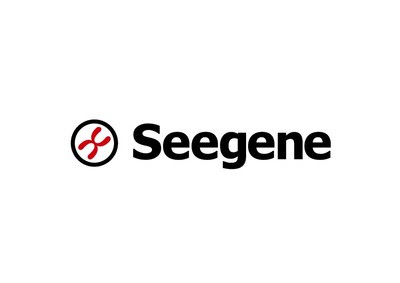LAGOS, Nigeria, April 26, 2022 (GLOBE NEWSWIRE) — Creating solutions tailored to African problems is crucial in addressing the financial wellness of the continent. The peculiarity of the life patterns of the average African begs one to intentionally design and build mechanisms, to tackle financial illiteracy in the underserved communities. Aella has seized the opportunity to develop solutions to such problems by designing a Debt-as-a-Service model in Nigeria.
With over 300,000 agent clusters, Aella has built a nerve centre to empower businesses with credit infrastructure and business capital. Being one of the foremost micro-business lenders, they have continuously built with initiative and provided software and capital that allows individuals become lenders in minutes. This Debt-as-a-service model is powered by Aella’s finance mechanism using decentralized finance.
Aella’s partnership with Nomba, formerly known as Kudi: an agency bank in Nigeria is the first official lending partnership that highlights Aella’s role as a credit aggregator for agents. Consequently, building more products for them and integrating them into their ecosystem. Nomba has expanded its business by leveraging Aella’s credit infrastructure. In six months, Aella has disbursed over $30 million to Nomba agents hitting a milestone.
Another agency lending initiative birthed from Aella’s Debt-as-a-service model designed to boost Nigeria’s lending ecosystem is its partnership with CrowdForce, a technology-driven agent distribution network. This partnership will see Aella facilitate agents’ access to digital financial services for the largely offline population across the country by offering credit. In turn, Aella’s credit infrastructure provides over 60,000 agents with funds to scale their businesses.
Ultimately, Aella’s credit infrastructure operates in two ways; through asset financing and the debt as a service model. One of Aella’s most innovative partnerships is definitely its multimillion-dollar power financing collaboration with Buy Power, a utility payment platform to ease the process of buying electricity for Nigerian residents. Aella’s commitment to financial empowerment will enable Nigerians access power, through its diversifying credit solutions for over 6 million customers across the country with Buy Power. This integration will utilize Aella’s comprehensive technology platform to provide consumers with the opportunity to buy electricity on credit.
These partnerships are crucial to the overall development of the Nigerian economy and at large the African continent. Aella is introducing cost-effective ways for all classes of Nigerians to access credit. Ready access to credit is key to promoting financial freedom and inclusion, particularly among the underbanked population.
Contact: support@aellacredit.com

![[Figure 1] Seegene unveils world's first commercialized '3 Ct' PCR assay [Figure 1] Seegene unveils world's first commercialized '3 Ct' PCR assay](https://ci5.googleusercontent.com/proxy/dmzdi_75eUGgvErhMGK7OBswaoGD_PCPzTNbV8snCgWP-6SSLPdJVl1zP_7FvpzLhrbiM0FcoyBxdKzASlr2TDQYTX8GTJM=s0-d-e1-ft#https://mma.prnewswire.com/media/1804637/image_1.jpg)
